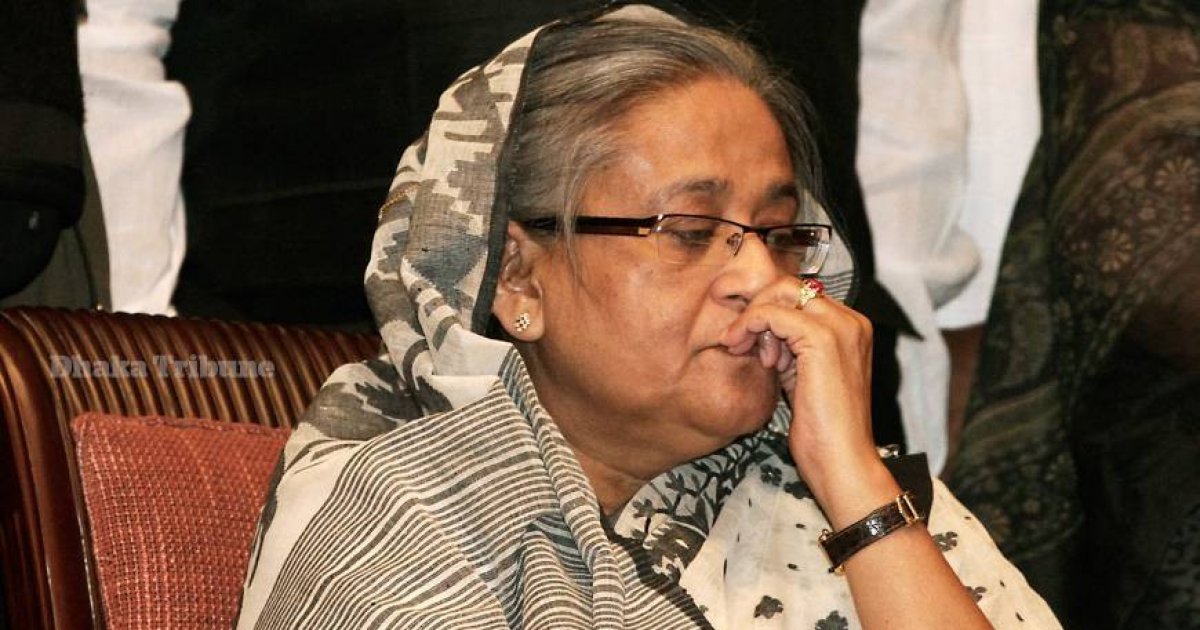Bangladesh restores mobile internet after an 11-day blackout sparked by violent student protests over government job quotas.

On Sunday, Bangladesh lifted its mobile internet restrictions, marking the end of an 11-day blackout due to protest. This decision came after days of student-led protests demanding an end to a controversial quota system for government jobs.
Restoration of Mobile Internet Services
The South Asian nation’s 4G mobile internet services resumed following a meeting between internet service providers and government officials. Zunaid Ahmed Palak, the state minister for telecommunications and ICT, announced the restoration on social media.
Here’s what you need to know about the situation:
- Internet Resumption: Services were reinstated on Sunday, bringing relief to users who had been cut off for over a week.
- 5G Bonus: To compensate for the disruption, internet providers are offering a “5G internet bonus” for the next three days.
- Financial Impact: Palak noted that internet providers experienced significant financial losses due to the blackout.
Background of the Protests
The recent unrest in Bangladesh centers on a student-led movement against a government job quota system. Here’s a breakdown:
- Quota Controversy: The quota reserves 30% of government jobs for relatives of veterans from the 1971 war of independence. The students argue that this system is discriminatory.
- Protests Sparked: Protests erupted after the High Court reinstated the quotas last month, reversing a 2018 decision that had abolished them.
- Violence and Clashes: The protests turned violent, with clashes between demonstrators and police leading to nearly 200 reported deaths as of last Thursday.
The Associated Press (AP) and Al Jazeera have reported extensively on the protests and the resulting violence.
Impact of the Internet Shutdown

The internet shutdown significantly affected the dynamics of the protests:
- Communication Disruption: The blackout made it harder for protesters to coordinate and share information, which hampered their efforts.
- Government Response: In addition to the internet blackout, the government imposed a curfew and a shoot-on-sight order, later relaxed to 10 a.m. to 5 p.m.
- Economic Effects: Offices and banks reopened with restricted hours, reflecting the broader impact of the unrest on daily life.
A key protest organizer told the AP that the blackout was a deliberate attempt to stifle dissent and limit communication among demonstrators.
Government and Public Reactions
Here’s how different parties are responding to the situation:
- Government Stance: The government has pledged not to pursue legal action against student protesters. However, reports indicate nearly 2,700 arrests across the country.
- Public Opinion: There is a mix of relief and ongoing concern among the public. While the restoration of internet services is a positive step, the underlying issues of the quota system remain unresolved.
Zunaid Ahmed Palak’s announcement of the internet restoration was a crucial moment, offering a glimpse of normalcy after days of turmoil.
Technical and Economic Consequences
The technical and economic ramifications of the internet blackout are significant:
- Financial Losses: The blackout led to substantial losses for internet providers and businesses relying on online connectivity.
- Economic Disruption: The curfew and restricted operating hours for businesses have further strained the economy.
Experts suggest that such disruptions can have long-term effects on economic stability and public trust in government policies.
Short-Term Outlook
In the short term, Bangladesh faces several challenges:
- Restoration of Normalcy: While internet services have resumed, restoring normalcy in daily life and addressing the root causes of the protests are critical.
- Ongoing Protests: The potential for further unrest remains, depending on the government’s response to protesters’ demands and the broader political climate.
The path forward involves balancing immediate relief with addressing underlying grievances to prevent future unrest.
Conclusion
Bangladesh’s decision to end the 11-day mobile internet blackout marks a significant development in the ongoing crisis over government job quotas. While the restoration of services is a positive step, the nation must address the underlying issues to ensure long-term stability and peace.
Public and governmental responses will shape the future of both the quota system and the broader political landscape in Bangladesh.
Keywords for Backlinks:
- Bangladesh Protests: Link to Bangladesh Protests Overview
- Mobile Internet Blackout: Link to Mobile Internet Blackout Information
- Student Quota System: Link to Student Quota System Details
- Geopolitical Tensions: Link to Geopolitical Risks
- Internet Service Providers: Link to Internet Service Providers Overview



